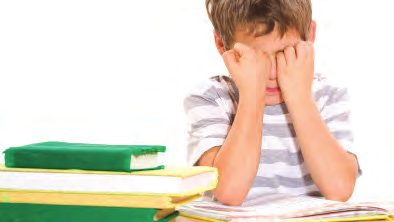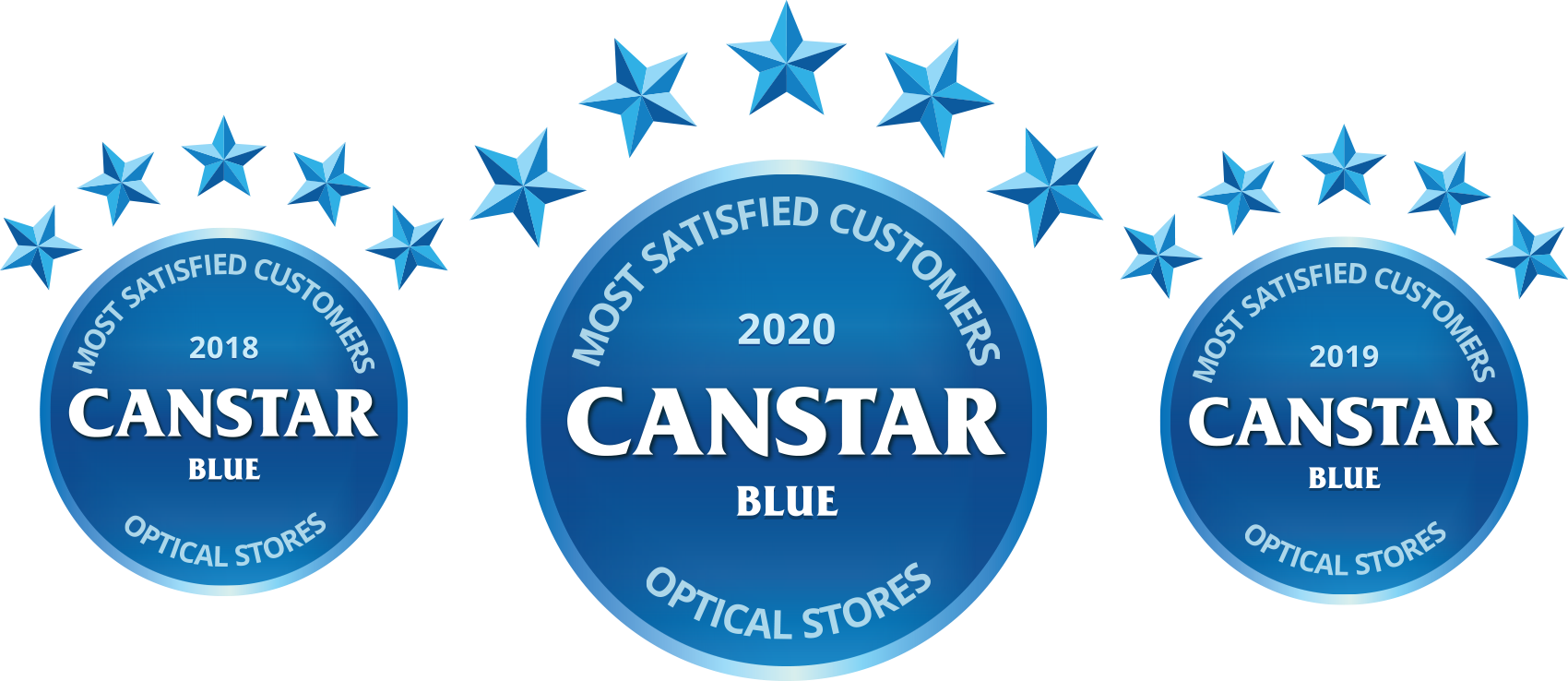Due to the improving COVID19 situation we are returning to routine eye examinations, however, the health and wellbeing of our patients and the community is our number one priority. Accordingly we are undertaking strict hygiene practices and implementing precautionary measures to help reduce the spread of COVID19.
Please call or email us to arrange an appointment. Should you have concerns about coming in for an eye examination at his time please call us to let us know and we will pre– appoint a time later in the year.
During the recent period of home isolation many have missed their eye health examinations or have damaged/broken glasses or have symptoms of eyestrain after long periods of screen use. Now is the time to arrange an appointment.
Up to 1 in 5 children have vision related learning difficulties, and 80% of learning takes place through the visual system. Regular comprehensive eye examinations are crucial to ensure that children have strong visual skills that let them learn
well.
We are a leader in Behavioural Optometry and childrens vision. Your child’s eye examination will include assessment of near focus, eye teaming and eye movement skills. If your child is having difficulty with developing reading skills we can undertake Visual Perceptual assessment and Vision Therapy training. If new glasses are required, we stock a range of great frames ensuring that every child looks great and feels great. Plus due to the rough and tumble of kids lives, we provide a complimentary free pair of glasses from our Buddy ranges.
Please call or email us to arrange an appointment or speak to us with any further queries.
We look forward to enhancing Hugo’s vision and learning.

The health and wellbeing of our patients and the community has always been our number one priority. We are undertaking strict hygiene practices and implemented precautionary measures to help reduce the spread of COVID19.
We are currently open Monday to Friday 9.00–5.30pm, and Saturday 9.00–2.00pm.

You want your children to have good quality, safe lenses to withstand their daily activities, games and quiet moments. Polycarbonate lenses are the safest for your child. A good scratch resistant coating on both sides of the lens prevents damage during daily usage. To protect our eyes from UVB during long exposure to the sun, doctors recommend wearing wide-brimmed hats and glasses that block ultraviolet rays, Transitions lenses are a good option if your child already wears glasses.

The ReadAlyzer is an exclusive new technology that records and understands how eyes perform when they read. It produces a complete reading analysis, determining whether your child’s reading speed, eye movement when reading and comprehension is normal or is being limited.
Ask us about the ReadAlyzer.

80% of learning takes place through your visual system. Learning to read requires well developed visual efficiency and visual perception — the ability to analyse and understand what the eyes are seeing. It is really important for kids experiencing learning difficulties to be given a thorough examination to exclude or correct a visual cause.

Your eye works in a similar way to a camera. Light passes through the lens of your eye and is ‘recorded’ on the back of your eye (the retina). Cameras have different lenses that allow them to see greater distances or make objects clearer. Like a camera, your eye needs to be protected from dirt, dust, bright light and pointy objects. You know your eyes better than anyone so keep an eye out for any changes.
Changes to keep an eye out for:
Got a question?
Give us a call on 03 9398 1344
or send a quick message using this form:
Make an Appointment
Give us a call on 03 9398 1344
or use our online Booking Portal:
Book Online Now
Location

Eyecare Plus Altona / Vision Advantage
90 Railway St S, Altona VIC 3018
Hours
Mon – Fri: 9am – 5.30pm
Thursday night available by appointment
Saturday: 9am – 2pm
Vision Advantage has special qualifications and training to undertake a series of Behavioural Optometry tests to assess a childs visual performance and function then implement Vision Therapy to improve and correct these weaknesses.
Behavioural Optometry is a holistic combination of eyesight, eye coordination and positioning, and how the brain interprets, processes and acts on the information.
Vision Therapy is a customised and personalised program of eye and brain exercises designed to teach and strengthen a wide range of vital children’s (and adults) visual skills.

